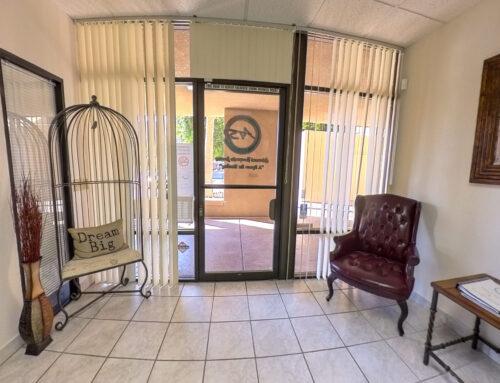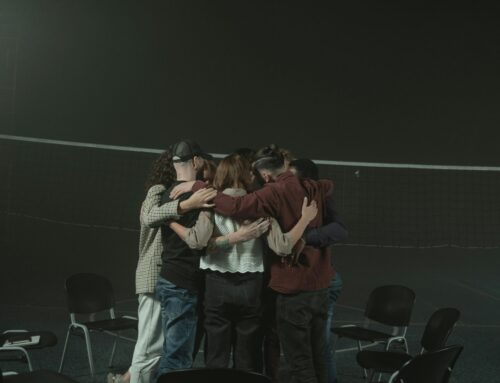Outpatient Addiction Rehab and A.A. in the Desert
There is something very comforting about being around others who share a common challenge. This is the reason why addiction treatment programs emphasize both group therapy, in outpatient and inpatient settings, and the 12-step recovery groups. Sharing individual experiences and struggles with peers provides a powerful dynamic for healing and support, especially in the early months of recovery. One of the most compelling social support venues for helping overcome addiction is the Alcoholic Anonymous (A.A.) 12-step program. With 12-step meetings plentiful in the Coachella Valley region, A.A. in the desert can be an essential treatment element for months and years to come.
Outpatient Rehab and AA in the Desert
Outpatient rehabilitation is a popular addiction treatment option, allowing a certain amount of flexibility that accommodates individuals with work or family obligations. Outpatient treatment is also much more affordable, as the client will reside in their own home outside of the treatment hours. Studies have shown that an intensive outpatient program (IOP) can be just as effective in treating addiction as an inpatient program. An outpatient program is also a step down for those who have concluded their residential treatment program but want to continue with ongoing therapy.
A.A. is a worldwide nonprofit peer recovery program that was founded in 1938 by two Americans. The program encompasses 12 steps that guide the individual toward spiritual awareness or awakening through principles that are woven throughout the steps. The “Big Book” is the blue A.A. basic manual with recovery stories and information that most who are in recovery will access. Currently, there are approximately 2 million members globally within the A.A. fellowship program, with 12-step meetings available in most metropolitan areas.
Program Elements of Outpatient Addiction Rehab
The beauty of an outpatient addiction treatment program is the ability to design the treatment plan according to needs. Outpatient rehab can involve a minimum of hours weekly for continuing care needs, or up to 30 hours per week for an IOP. The IOP is the better option for entrenched addictions with or without a co-occurring mental health condition, as it provides a deeper involvement in all aspects of therapy.
Therefore, the treatment elements in outpatient treatment vary in intensity and hours of participation based upon the individual’s history of substance abuse, related legal issues such as a DUI or public intoxication, or a dual diagnosis. Generally, outpatient rehab involves the following program elements:
- One-to-one talk therapy
- Group therapy with peers in the program
- Family programs
- Medication management for mental health disorders or medication-assisted treatment
- Ongoing addiction education classes, including relapse prevention planning
- 12-step group participation
- Access to adjunct treatment activities or therapies
How AA in the Desert Reinforces Recovery
The 12-step program has become ubiquitous with addiction recovery for decades. It’s success is attributed to the element of peer or social support that results from the fellowship format of the meetings. Because there is no fee involved, and meetings available across the nation, A.A. meetings can become an important tool in sustaining recovery. Members can access as many meetings as they desire or need, as well as obtain a sponsor who can help them through the rough patches.
Another powerful aspect of A.A. is the element of service to others. It has been found that those who offer support to others, either by becoming a sponsor or volunteering at A.A. events or meetings, can help solidify their own recovery. Because of this, service to others is highly recommended for individuals with at least one year of sobriety.
Advanced Therapeutic Services Outpatient Rehab and AA in the Desert
Advanced Therapeutic Services (ATS) provides group counseling, individual therapy, family programming, 12-step programming, and life skills training in Rancho Mirage, California. ATS creates a totally tailored treatment plan for each individual client, and integrates experiential therapies throughout the program. These include mindfulness training, art therapy, process groups, and anger management, to name a few. For more information on the ATS outpatient program, please contact our team today at (760) 349-7007.






